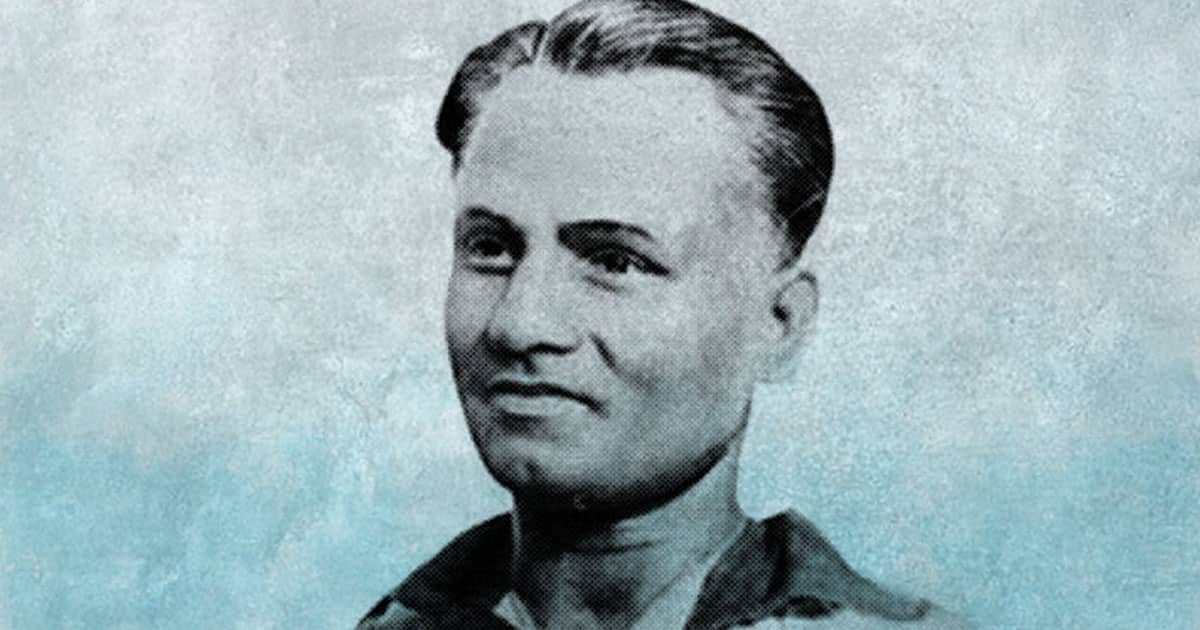India celebrates National Sports Day on August 29 every year to mark the birth anniversary of Hockey Wizard Major Dhyan Chand. On this date, the Rajiv Gandhi Khel Ratna Award, Arjuna Award, and Dronacharya Award are given by the President.
Major Dhyan Chand was known for his extraordinary goal-scoring feats, in addition to earning three Olympic gold medals, in 1928, 1932, and 1936. His influence extended beyond these victories, as India won the field hockey event in seven out of eight Olympics from 1928 to 1964 marking the ‘golden era’ of the sport.
In 1956, the Government of India awarded him with India’s third-highest civilian honor of Padma Bhushan. He has narrated his life in his autobiography titled Goal, published in 1952. The Hockey Magician, as he was called, took his last breath on 3 December 1979.
Below are some lesser-known facts about Major Dhyan Chand.

- Dhyan Chand’s real name is Dhyan Singh. He joined the Indian Army at the age of 16 and started playing hockey being in the army itself. Since he practiced during the night, his fellow players started addressing him with the nickname “Chand”.
- In one instance while playing a match, Dhyan Chand was unable to score a single goal against the opposition team. After failing several times, he complained to the referee and asked him to check the measurement of the goal post, and surprisingly, it was found that the width of the goal post was not in accordance with international rules.
- Following India’s first match at the Berlin Olympics in 1936, a huge crowd started to gather at the hockey ground to watch Dhyan Chand. The headline of a German newspaper read: ‘There is now a magic show in the Olympic campus.‘ Subsequently the next day, streets of Berlin were strewn with posters, with the words “Go to the hockey stadium and see the magic of the Indian magician“.
- You would be surprised to know that when Hitler saw Dhyan Chand’s magical game against Germany, he offered him to settle in Germany and gave the rank of colonel in his army, but Dhyan Chand rejected the offer.
- During a match with Germany in 1936 Olympics, Dhyan Chand lost a tooth when he collided with Germany’s goalkeeper “Tito Varnholt”. After getting the first-aid done, Dhyan Chand reportedly advised the Indian players not to score goals for the purpose of “teaching a lesson” to the German players. Later on, the Indian players repeatedly take the ball to the goalpost of Germany and again bring the ball back to their court.
- When the Indian hockey team was in Australia in 1935, cricket player Don Bradman and Dhyan Chand met each other in Adelaide. After watching Dhyan Chand’s game, Don Bradman said, “He scores goals in hockey in the same way that runs are scored in cricket.“
- It is said that there used to be a statue of him with four hands and four hockey sticks in Vienna (Austria) indicating his control and mastery over the ball. Perhaps the reports are an exaggeration because at present there is neither such an idol nor any documents related to it.
- The Netherlands authorities once broke Dhyan Chand’s hockey stick to check if he had a magnet inside his hockey stick.
- Personally, Dhyan Chand considers his final match “1933 Beighton Cup” played between “Calcutta Custom” and “Jhansi Heroes”, to be his best.
- In the 1932 Summer Olympics, India defeated the United States and Japan with a 24–1 and 11–1 score respectively. Of these 35 goals, Dhyan Chand scored 12 goals and his brother Roop Singh scored 13 goals. Since then both brothers came to be known as “Hockey Twins”.
A magician indeed. We pay tribute to this unforgettable soul.

